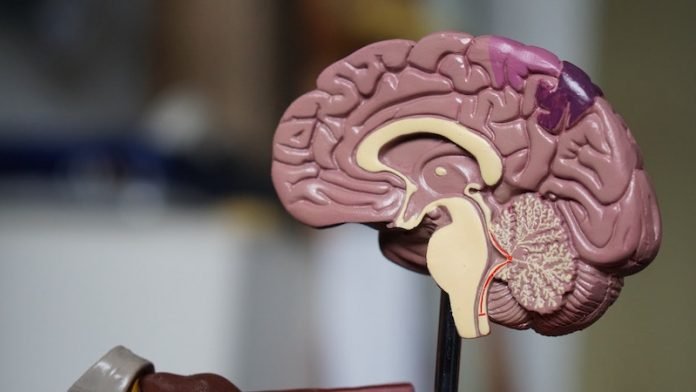
Muscle weakness permeates through one side of your body and your speech slurs. It’s a stroke. And you need to be rushed to the emergency room.
Doctors replace your blood with the blood of a healthy person who’s never suffered a stroke.
This blood swap lessens damage to your brain, and any neurological deficits from the stroke are nil.
This is not merely wishful thinking. It is a potential breakthrough in stroke therapy based on mice research.
In the study, researchers found that blood substitution therapy rescues the brains of mice from ischemic damage.
They were able to demonstrate is that if doctors remove part of the blood from a patient undergoing stroke, and replace that blood from a person that’s never had a stroke, the outcomes of that stroke are profoundly improved,
The study is believed to be the first to show that blood replacement therapy leads to improved stroke outcomes in mice, a potential next step for stroke therapy in humans.
The research was conducted by West Virginia University neuroscientists.
Most strokes (ischemic) occur when the blood supply to the brain is interrupted, usually by a blockage of the arteries leading to the brain.
While there is no known single medication for stroke, the only FDA-approved treatment for ischemic strokes is tPA, or tissue plasminogen activator, which dissolves the clot and improves blood flow.
However, tPA typically must be administered within three hours of the stroke.
The current research indicates that blood transfusions can take place beyond that limited window—up to seven hours—and still have a positive impact.
Replacing 20% of the blood in a mouse was enough to show a profound reduction in damage to the brain. The average adult holds around one-and-a-half gallons of blood in the body.
Researchers explained that following a stroke, the makeup of a patient’s blood changes, causing disruptions in the brain and how the body responds.
Neutrophils, a type of white blood cell that helps lead the immune system’s response, play a role in increasing the levels of an enzyme called MMP-9, which can lead to blood-brain barrier leakage and degeneration in brain tissue.
Blood replacement therapy removes inflammatory cells and decreases neutrophils and MMP-9 levels following a stroke, the study concluded.
Currently, blood-based therapies are emerging as treatments to combat aging and fight neurodegenerative diseases.
According to the Centers for Disease Control and Prevention, more than 795,000 Americans experience a stroke each year, and 140,000 die from it.
One author of the study is Xuefang “Sophie” Ren.
The study is published in Nature Communications.
Copyright © 2020 Knowridge Science Report. All rights reserved.



